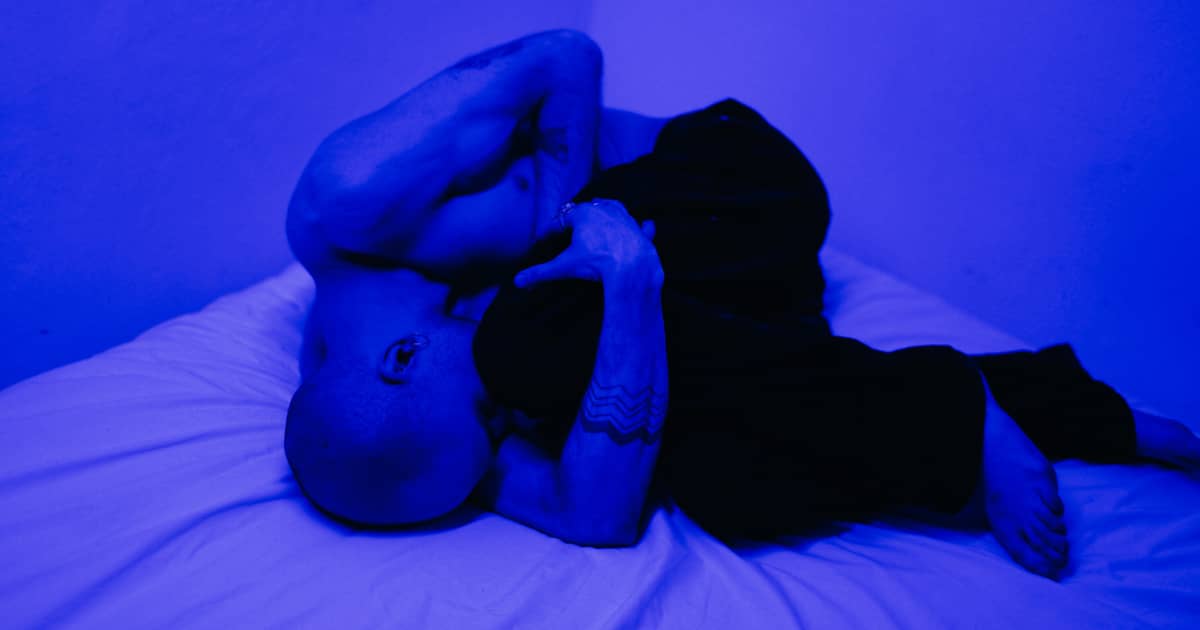Regardless of the medical advances, finding out that you are HIV-positive can come as a devastating shock to many, especially in a country where social-stigma is rife. Feeling down and sad at first is a normal response to your changing life circumstances. Fortunately, most people get over the temporary state of mind with a bit of support from family and guidance from their doctor.
For some, however, the low mental state could last for an extended period of time and interfere with everyday life. In that instance, medical health professionals start talking about the possibility of clinical depression. The link between HIV and clinical depression is well-established. The good news is that various steps can be undertaken to enjoy much better mental health.
The Link Between HIV and Depression
Various studies on the topic establish a solid link between HIV and clinical depression. A report published in the International Journal of Environmental Research and Public Health suggests that approximately 39 per cent of the people who get a positive result on an HIV test suffer from depression. Unfortunately, the troublesome state of mind is linked to bad outcomes among these patients.
People who are depressed and HIV-positive are more likely to experience worsening of their overall health status and poorer health outcomes than those who aren’t dealing with a mental health problem, the report concludes.
AIDS Research and Therapy also featured an extensive publication on depression among adolescents diagnosed with HIV or AIDS.
The meta-analysis suggests about 27 per cent of the adolescents suffer from depression. The prevalence was highest among female participants in studies, as well as among those aged 15 to 19.
Based on such research, medical professionals are calling for more thorough and comprehensive mental health interventions to help HIV-positive individuals cope with the situation in a productive way. Some strategies have already turned into normal practice. If you believe that you’re having depressive episodes due to unfavourable diagnosis, here are some of the key steps to undertake.
Best Strategies for HIV Patients Who Want to Combat Depression
To do something about the situation, it’s important to recognise the signs of depression first. Many people who suffer from clinical depression are still functional in society. They attribute their condition to a temporary low and refrain from seeking treatment.
Some of the most common signs that depression could be in the picture include apathy, tiredness, fatigue and prolonged periods of persistent sad mood.in time, untreated depression could become even more challenging. A number of people who develop clinical depression could start having suicidal thoughts – an issue that’s life-threatening and that needs to be dealt with as soon as possible.
Studies suggest that about 16 per cent of HIV-positive individuals will eventually become suicidal. It’s crucial not to wait for such ideations to form before seeking out help.
A common and quite harmful misconception among Singaporeans is that most people can get over depression on their own. They simply need to toughen up and mobilise their mental resources.
Unfortunately, beating clinical depression isn’t that easy. A professional intervention will be required to get consistent and long-lived results.
Clinical depression, regardless of its origin, can be addressed in multiple ways.
Therapy is usually a good first resort option. A general practitioner or a doctor who specialises in the area of STDs can recommend a mental health professional capable of assisting HIV-positive patients. The therapy itself will usually entail talking through one’s feelings and being provided with coping mechanisms for depressive periods.
If the situation isn’t being affected positively by therapy, a mental health professional could prescribe antidepressants. HIV-positive individuals can benefit from an array of antidepressant medications and these are not going to interfere with the HIV therapy itself. What matters is getting medications prescribed by a registered mental health professional and not attempting to do self-treatment.
Some lifestyle changes can also be used to enhance the results of the therapy. It’s essential to maintain a reliable and solid social circle instead of isolating oneself. Exercise and partaking in favourite activities (like exercise, hobbies, for example) will also result in a sense of normalcy and wellbeing amid a challenging period.
HIV Is Not a Death Sentence!
One of the key things that HIV-positive individuals need to understand is that becoming infected is no longer a death sentence. In fact, most people who start treatment early enough live long and satisfying lives, reaching old age alongside their loved ones. The sooner you get tested for HIV and the sooner you commence antiretroviral therapy, the easier it will be for you to get back to normal life.
Singapore offers an array of reliable HIV testing, prevention and prophylaxis options like HIV PrEP and HIV PEP.
Medical health facilities like Shim Clinic specialise in screening, consultancy and the provision of sexual health services. If you are a sexually active individual, getting tested regularly would be the sound thing to do. You can visit Shim Clinic during working hours every day of the week to benefit from professional assistance and highly reliable sexual health services.
References:
- Ayano, G. (2021, April 27). The prevalence of depression among adolescent with HIV/AIDS: a systematic review and meta-analysis. AIDS Research and Therapy. https://aidsrestherapy.biomedcentral.com/articles/10.1186/s12981-021-00351-1
- Depression among Patients with HIV/AIDS: Research Development and Effective Interventions (GAPRESEARCH). (2019, May 1). PubMed Central (PMC). https://www.ncbi.nlm.nih.gov/pmc/articles/PMC6571985/

